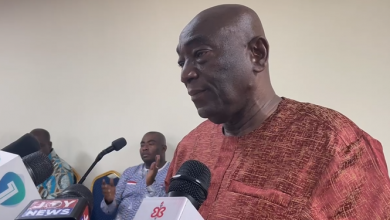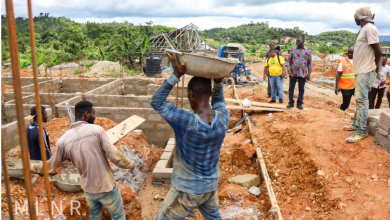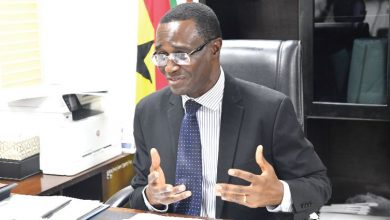Gender Ministry initiates steps for effective implementation of Affirmative Action Law

The Ministry of Gender, Children and Social Protection (MGCSP) has convened a two-day high-level strategic workshop to advance the effective implementation of the Affirmative Action Law, officially known as the Gender Equity Act, 2024 (Act 1121).
Speaking at the event, Sector Minister Dr. Mrs. Agnes Naa Momo Lartey emphasized the Act’s goal of progressively increasing women’s representation in leadership and decision-making roles across both the public and private sectors. The legislation sets a target of 30% representation by 2026 and 50% by 2034.

The strategic retreat brought together a broad range of stakeholders, including members of the Ministry’s Advisory Board, Parliamentarians, the newly established Gender Equity Committee, and representatives from key Ministries, Departments, and Agencies (MDAs). Also in attendance were civil society actors, academia, and development partners such as UNDP, UN Women, UNICEF, and the World Food Programme (WFP).
A two-day workshop was held to deepen participants’ understanding of key provisions of the new Act and to develop a strategic framework for its nationwide implementation. The framework outlines clear strategies, timelines, and coordination mechanisms to guide the rollout process.
The passage of the Act in July last year marked a significant milestone in Ghana’s efforts to promote gender equity, inclusive governance, and sustainable development.
Dr. Mrs. Lartey announced that the Ministry has begun drafting a Legislative Instrument (L.I.) to fully operationalize the Act. As part of the rollout, copies of the law have been distributed to Ministries, Departments and Agencies (MDAs), Metropolitan, Municipal and District Assemblies (MMDAs), security services, and other key stakeholders. Additionally, infographics and awareness materials have been developed to support advocacy and training across various sectors.
She emphasized that successful implementation will require collective collaboration, calling on government, development partners, civil society, academia, media, and local communities to work together to ensure the law’s effective execution.





